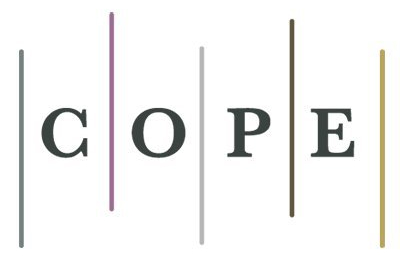Gender, Feminism and Diplomacy: Analysing the Institution through the Lenses of Feminist International Relations
Keywords:
gender and diplomacy, female diplomats, feminist IR.Abstract
The feminist agenda in International Relations has recently drawn attention to gender issues in diplomacy, focusing mainly, though not exclusively, on analysing the trajectories of female diplomats in the institution. Though scarce, these studies approach the topic primarily via national case studies, resorting to the concept of gender to examine the power structures based on ideals of masculinity and femininity, which establish patterns of inequality and discrimination within the institution. In this article, we review national and international studies on gender and diplomacy, aiming to map the theoretical and methodological articulations underlying the gender analysis of diplomacy, which sees it as a gendered institution where gender-based hierarchies of power operate. In terms of methodology, we discuss the main concepts and theoretical frameworks of this research agenda, unraveling their connections to the broader feminist agenda in IR. We map the most recurrent methods and point out both theoretical and methodological gaps that need to be addressed in future research. Furthermore, we briefly review the main studies on gender and diplomacy conducted by the Brazilian Ministry of Foreign Affairs and academia, attempting to bridge national and international studies on gender and diplomacy. We conclude that the research agenda on gender and diplomacy has a rich conceptual and theoretical arsenal that establishes multiple dialogues with institutional feminist theories and with feminisms in IR. However, important gaps persist both in terms of the incorporation of intersectionality and cross-national comparative approaches, which are paramount to advancing gender analyses of diplomacy as an institution.
Downloads
Downloads
Published
How to Cite
Issue
Section
License
This work is licensed under a Creative Commons Attribution 4.0 License.
The O&S adopts a Creative Commons Attributions License 4.0 in all published works, except where specifically indicated by copyright holders.





